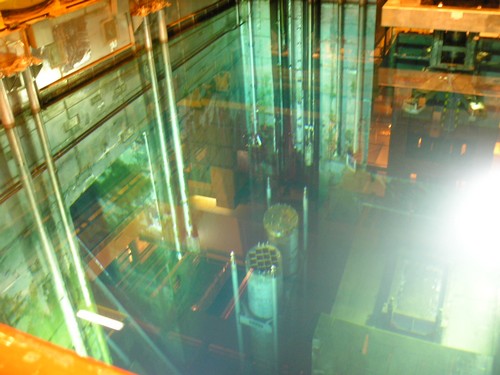Removing Sellafield nuclear waste is priority, says Cumbria council
Removing radioactive material from legacy ponds at Sellafield should be the top priority for the Nuclear Decommissioning Authority (NDA), Cumbria County Council says.
These will have to be removed by robots then vitrified for long-term storage. The council’s response, approved by its ruling cabinet yesterday, says: “Driving down risk to ‘tolerable’ levels must be the main priority. “The greatest risks are associated with the legacy ponds and silos on the Sellafield site.
“Cumbria County Council considers that retrieval of unconditioned mobile wastes from ageing legacy facilities is a critical, time-urgent issue that must continue to be supported by adequate Government funding.”
It adds: “Local communities will need to be confident risks and impacts [from managing contamination] on future generations are both understood and minimised.
“Continuing investment to offset the negative impact of waste facilities upon local areas will also be required.”
The council wants “early decisions” on how high-level waste will be stored and it wants the Government to come up with a policy for dealing with uranium and plutonium stockpiles. It suggests that usable uranium and plutonium could be stored in a “strategic reserve” and some of it could be sold overseas, providing there was no danger of nuclear proliferation. The council believes renewed interest in nuclear power could “revive the fortunes” of reprocessing at Sellafield. And it is calling on the Nuclear Decommissioning Authority to provide “greater socio-economic support” to create new jobs to replace those being lost at Sellafield.
Councillor Tim Knowles, the cabinet member responsible for environment and nuclear issues, said: “There will be a great deal of change at Sellafield over the next decade. “As things stand now, the anticipated wind down of reprocessing operations will have a significant impact both economically and socially in west Cumbria.
“It is therefore essential that the nuclear industry engages early and openly with local authorities in a true spirit of partnership.”
First published By Julian Whittle at 11:39, Friday, 12 November 2011 in News and Star




Kommentarer
Legg inn en kommentar